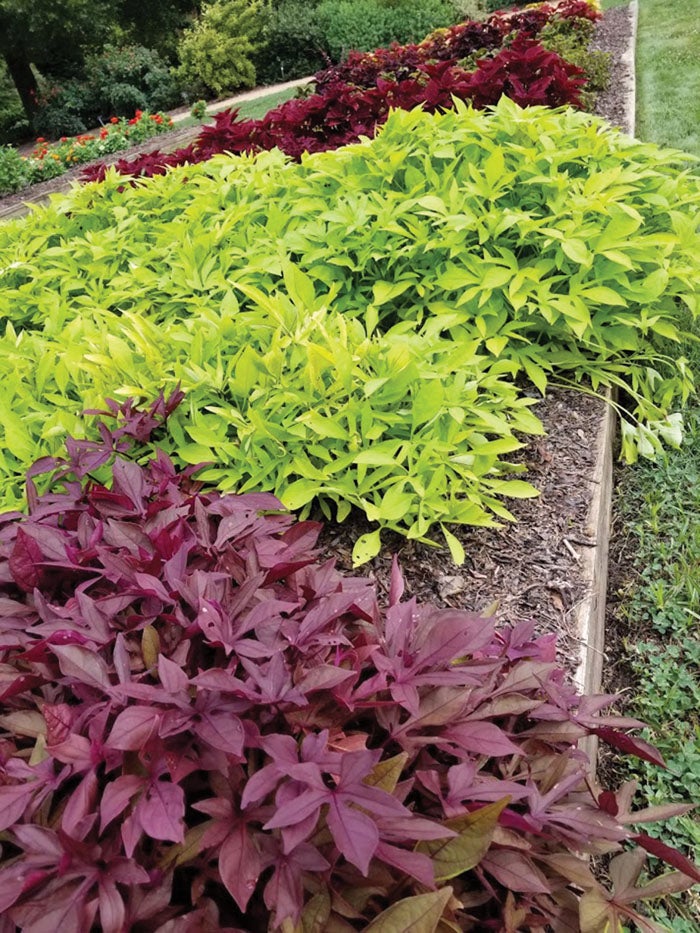Master Gardeners giving input on new plants
Published 12:00 am Friday, July 6, 2018

- Submitted photo A plot in the test garden featuring various vines.
When home gardeners shop at local garden shops or retail nursery centers, their choice is often limited to 50-75 different types of trees, shrubs or bedding plants.
Garden shops and centers have the daunting task of determining the whims of the gardening consumer, usually basing their selections on past sales. But retail outlets may have limited or sometimes no supply of plant materials favored by landscapers or home gardeners.
Just because a beautiful hydrangea is featured as “shrub of the month” in the latest gardening magazine doesn’t necessarily mean the nurseries are able to stock the item.
Commercial production nurseries are not immune to the challenge of what type of plants to supply for retail outlets. Changing trends, attitudes, insect and disease problems, and water requirements all factor into plant breeding and selection. It’s a situation that has been annoying growers for years, but as the number of plant materials continue to increase, so does critical plant selection.
N.C. State University and the Rowan County Master Gardener Volunteers are collaborating with plant breeders and developers for their input. The J.C. Raulston Arboretum at N.C. State University sponsored a landscape field day last week allowing consumers a peek at research on new bedding plant and perennial cultivars.
Plant breeders from around the world send new plant selections to the testing lab at the arboretum to determine if they will survive in North Carolina’s climate. Some plants readily adapt and look wonderful, while other plant materials test as total failures.
Rowan County Master Gardener Volunteers have collaborated for nearly five years with commercial producers such as Plant Development Services in Alabama, evaluating new plant materials. Commercial producers rely on multiple-site product testing to finalize new plant introductions. This ongoing test includes shrubs from the Southern Living Plant Collection found in many local retail outlets.
Earlier this spring, 10 new plant materials were added to the testing garden located on the right side of the Cooperative Extension Office on Old Concord Road in Salisbury. Older test plants from a previous trial were removed to make room for these new plants. Plants are continuously replaced and evaluated by Master Gardener Volunteers with the results conveyed annually to the plant breeder.
As expected, some plants do very well while others have not done quite as well in our environment. The weather this summer has been quite difficult for the newly planted materials. The evaluation process takes about three years to complete. The newly introduced shrubs are planted and treated as a normal landscape planting. The criteria of evaluation include growth rate, bloom potential, insect and disease problems as well as drought and heat tolerance.
The Extension Master Gardener Volunteer ongoing test garden demonstrations are available for view to the general public. Contact cooperative Extension Service at 704-216-8970 for more information.



